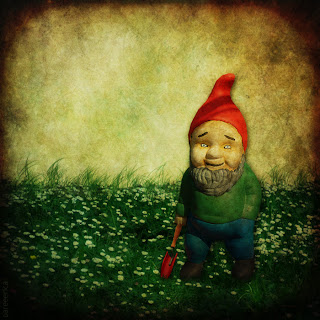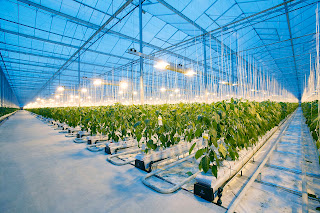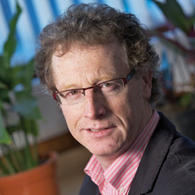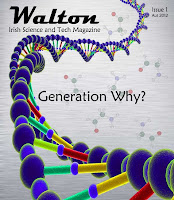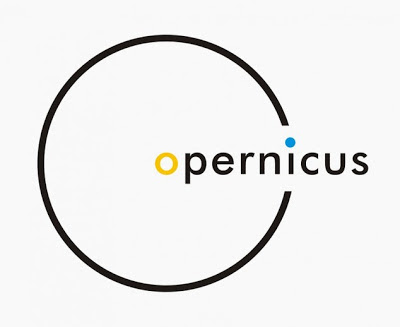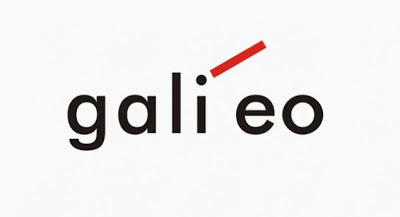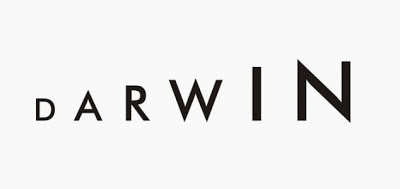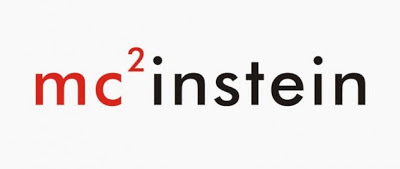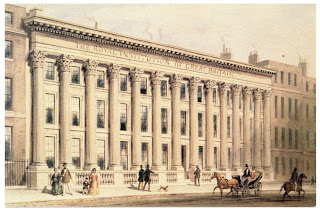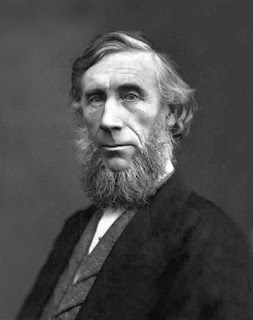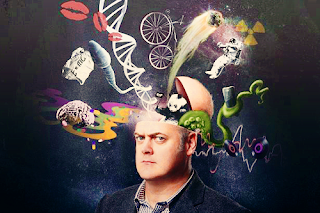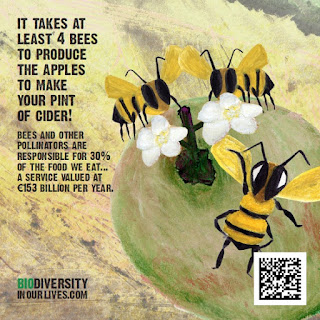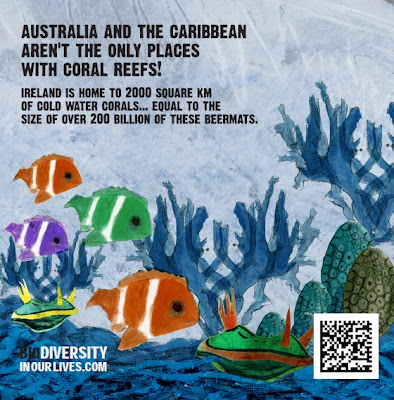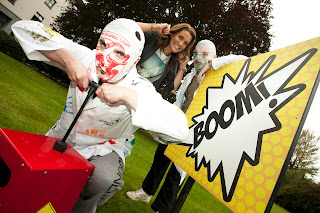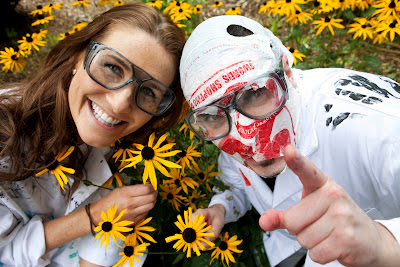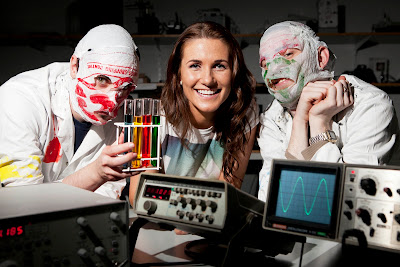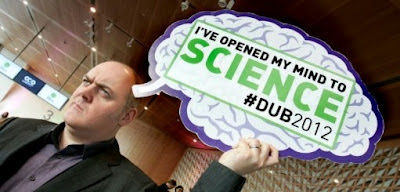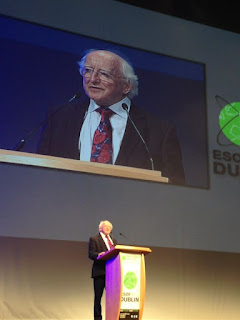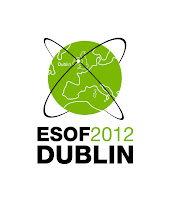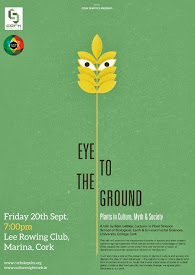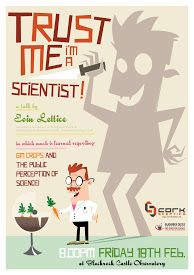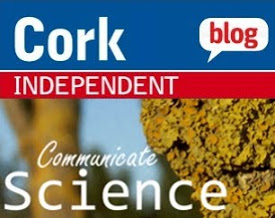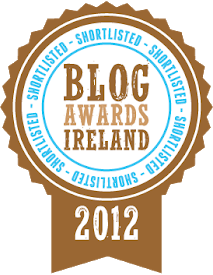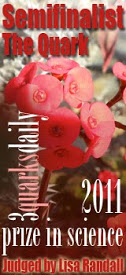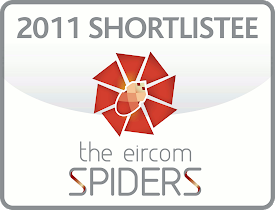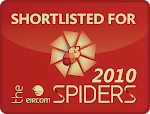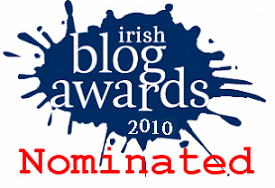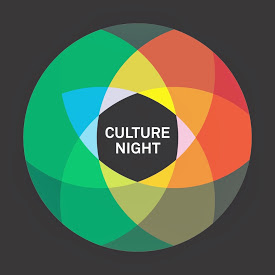During the long, wet summer of 2012 (perfect late blight weather!), I gave a short public talk about the potato and late blight as part of the Taste of West Cork Festival in Skibbereen, Co. Cork.
The panel of speakers also included the excellent and informative broadcaster
Éanna ní Lamhna (of RTE radio fame) who spoke about the history of the potato as well as the history of the Irish potato famine.
Despite the argument that political and economic issues had a great role to play in the Irish potato famine, there is no doubt that the loss of the potato crop due to late blight was the trigger that started it all.
Late blight was, and is, caused by the plant-pathogenic organism
Phytophthora infestans which, unfortunately, many people describe as a 'fungus'.
Éanna ní Lamhna described it as such during her talk and I, humorously and good-naturedly (I think!), pulled her up on it. As you can imagine, given that much of the audience had come to see and hear the delightful Ms. ní Lamhna and not some young upstart like me, I had to thread very carefully and there was much friendly banter.
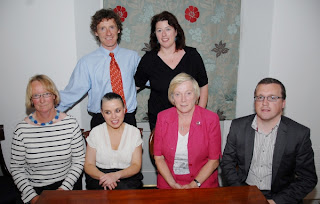 |
| Speakers at the 'Humble Spud' talk |
You can't blame anyone for making the mistake -
P. infestans is often described as a fungus by those who really should no better.
Browsing through the excellent
Atlas of the Great Irish Famine (
Cork University Press) recently, I noticed the disease-causing organism is described in several places therein as a 'fungus'.
In a
news report in a January issue of the journal
Nature,
P. infestans was described as "an organism similar to, and often grouped with, fungi". If the author meant that it is often grouped or lumped-in with fungi on a casual (and incorrect!) basis, she's quite right, but as we now know, the organism is not grouped (i.e. classified) as a fungus by fungal taxonomists.
The minutiae of fungal taxonomy is not something we should get bogged down in here (although some would argue that that boat has sailed!), but
P. infestans is classified as an oomycete and can be found in the same kingdom as the brown algae and diatoms. Although it may have started out in the Fungi kingdom, it is now firmly categorised as a 'fungal-like organism'.
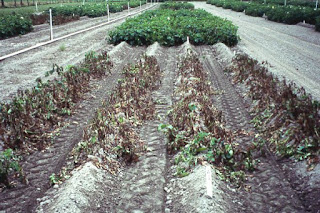 |
| Damage caused by late blight of potato (APSNET) |
A letter in this week's issue of
Nature, taking issue with the original news report, states: "It was Anton de Bary, the father of mycology, who coined the genus name
Phytophthora ('plant-destroyer') and classed the pathogen as a fungus. But modern molecular sequencing indicates that his interpretation was incorrect"
"The organism is actually an oomycete, a pseudo-fungus that evolved from killer ancestors in the ancient oceans and not from wood-degrading fungi", concluded the author.
Within mycology (the study of fungi), there is some debate over the use of the term fungus. While none would argue against the weight of molecular evidence that clearly puts
P. infestans outside the Kingdon, some would argue that, since they are of interest to mycologists and they share many of the common morphological features of fungi, a broader defintion of the term is required.
Money (1998) has argued that the term fungus should have two distinct meanings: (1) the strict taxonomic name used to describe organisms from the Kingdom Fungi and (2) a practical reference to organisms studied by mycologists that share similar characteristics to fungi.
Somehow, I think the taxonomists would disapprove, and so would I.

